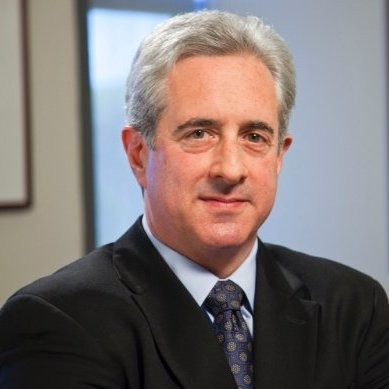Mesenchymal Stem Cells to Battle COVID-19
What is a Mesenchymal Stem Cell? What Can it Do?
Mesenchymal stem cells (MSCs) are multipotent stem/progenitor cells that are present in different tissues, including the umbilical cord, bone marrow, and fat tissue. MSCs can self-renew by dividing and differentiate into cells of bone, cartilage, muscle and fat cells, and connective tissue. They are also famous for their ability to produce useful growth factors and cytokines. MSCs secrete multiple factors, including prostaglandin E2, interleukin-10, interleukin-1 receptor antagonist, interleukin (IL)-6, leukocyte inhibitory factor, nitric oxide, TNFα stimulated gene 6 (TSG-6), and many others, which limit immune response. In addition, MSCs skew maturing immune cell populations, i.e. populations of regulatory and anti-inflammatory T cells and dendritic cells become more abundant, while pro-inflammatory T cells, dendritic cells, and natural killers (NKs) decrease in numbers.
Due to these unique features, MSCs are considered a promising approach to treat autoimmune diseases and to manage the rejection of grafts. For over 10 years, they have been successfully used in the therapy of autoimmune diseases (rheumatoid arthritis, ulcerative colitis, type 1 diabetes, multiple sclerosis) and for the inhibition of transplanted organs rejection.
Topics: Novel Therapeutics

